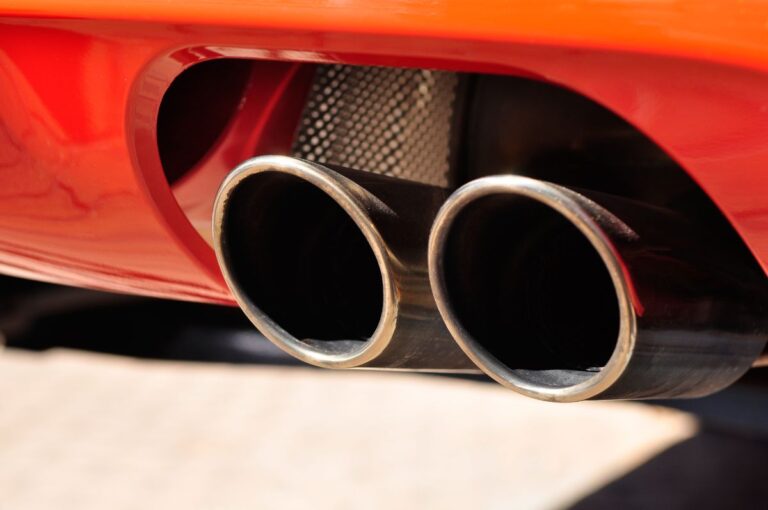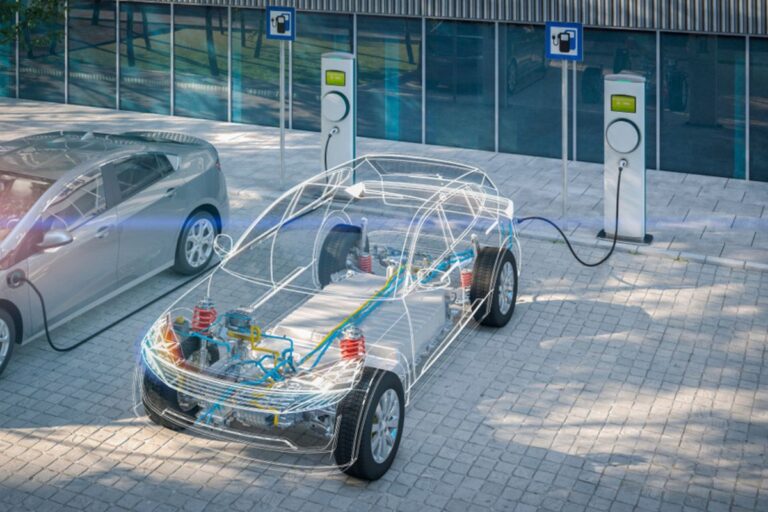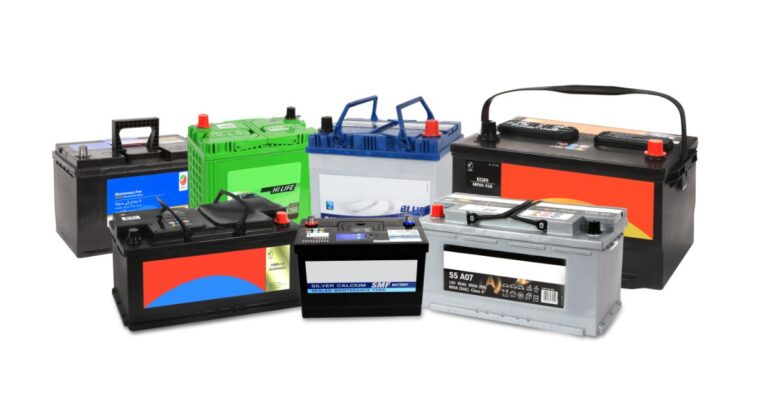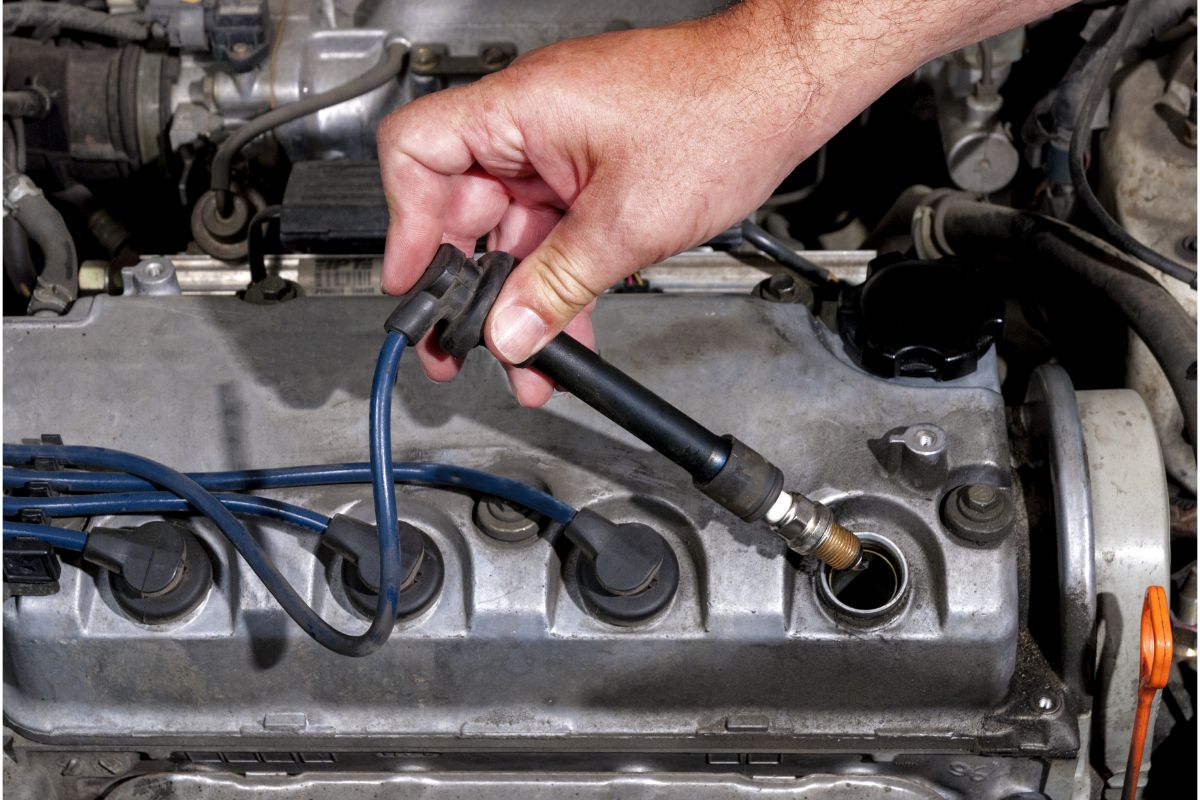
I’ve forgotten my freshman high school physical science class (mercifully,) including the formula for figuring up horsepower. I still remember, though, that horsepower is the effort it takes to move something, while torque is the effort it takes to move something from a dead stop.
In today’s world, horsepower equals speed. The answer to the question is yes and no, according to which expert you ask. Spark plugs can increase horsepower, but only by one or two percent. They do, however, provide the engine (from which the horsepower comes) with a way to create that power. Feeling confused? Let’s find out how it works.
I Don’t Need To Know The Formula For Figuring Horsepower, Either, But What Exactly Is It?
Both horsepower, as well as torque, are required to give a car speed, but most people, either not understanding the principle or not knowing better, just call it horsepower. Technically, horsepower is the effort needed to move 550 pounds one foot in one second or 33,000 pounds one foot in one minute.
Bryant Motors explains that torque is measured much the same way, with the exception that torque is the force used to generate speed. You can see how torque is used in a car to do 0 to 60 in three seconds.
Okay, I Get It. What Are Spark Plugs, Then, And What Do They Do?
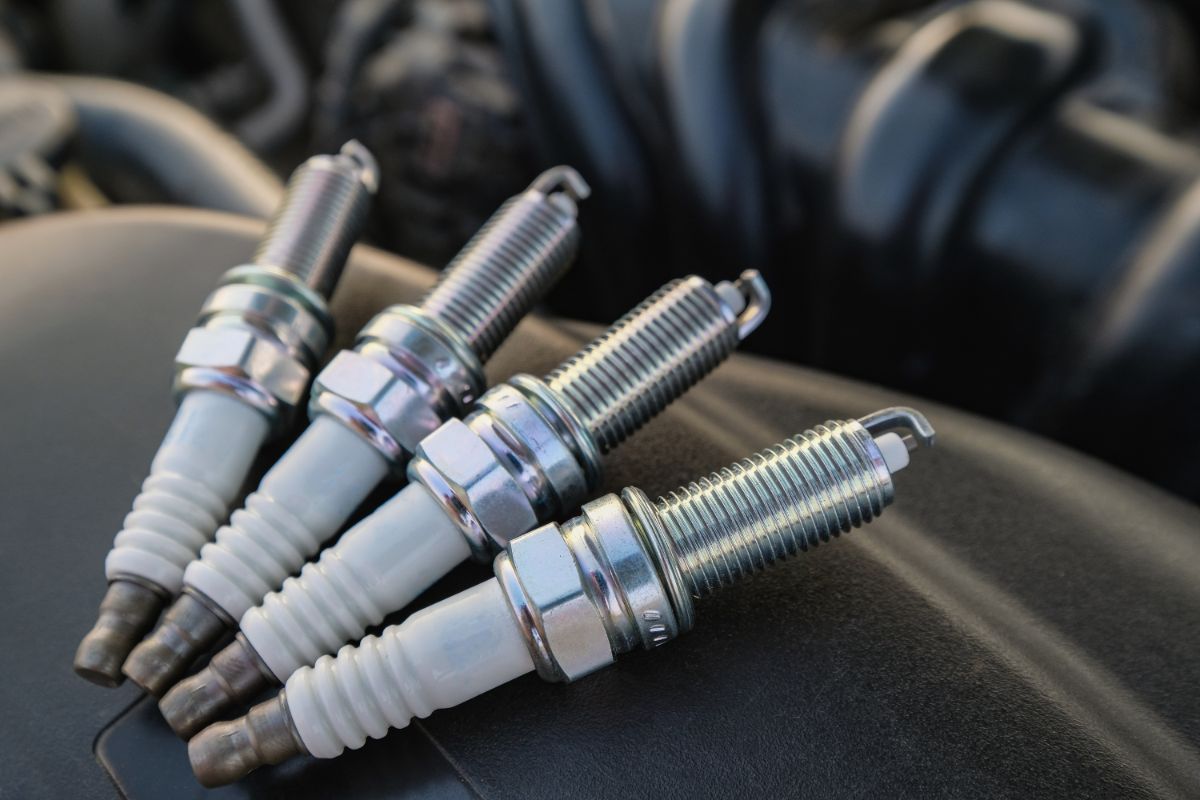
You guys will understand the internal combustion process better than we girls, but I’ll explain it to whoever won’t grasp the idea. Combustion is when a spark turns gas into a flame. In the case of a car, the spark plugs create the spark that makes air and gasoline explode into the force needed to start your car. Here’s how it works:
• Your car’s engine contains cylinders and valves filled with both oxygen and fuel, which are extremely combustible when mixed.
• The engine’s pistons move upward which pushes this mixture into a very small area.
• The spark plugs ignite this mixture, which causes an explosion in that very small area.
• The piston goes back down, the mixture is then free to do its thing, and the crankshaft in the engine of your car begins to turn in order to drive forward.
Related: How Does a Spark Plug Work? What Does It Do?
You Wrote That Spark Plugs (Yes And No) Increase Horsepower. How Does That Work?
Yes, They Add Horsepower
The gas and air inside the engine potentially create power together. The spark plugs make it all happen. When it does, power is created. Now the engine can move your one and one-quarter ton car one foot in one minute.
When spark plugs are dirty or used up, the spark isn’t created. The gas and air aren’t set aflame efficiently or at all, so fuel efficiency suffers. The car misfires or just doesn’t fire at all. The engine can’t generate enough power under these conditions. You’ll have less horsepower as a result.
However, if you put in new spark plugs, the car will be firing on all its cylinders. You might get a little more horsepower out of clean, new plugs because the explosions will be happening more and better. So, yes, in a sense, spark plugs do help a car get more horsepower.
No, They Don’t Affect Horsepower
Other experts will tell you that all a spark plug does is add the spark that ignites the fuel into becoming a power. Those experts will tell you that that little spark isn’t the power, or horsepower, generated by the engine. They’ll tell you that your car will be just like new and have better fuel efficiency with new spark plugs, but that’s about all.
Horsepower Is A Funny Word To Apply To A Car. Where Did The Term Originate?

A Scot named James Watt came up with the formula for horsepower in 1776 when he was re-inventing the steam engine to make it run more efficiently. The trouble was that, in those days, everything was run by horses. How could he convince people accustomed to horses to use a machine? So he just named the engine’s power “horse” power.
The formula he came up with involves mathematical formulae, so we’ll just concentrate on the practical applications of horsepower. It’s funny that a term from 245 years ago is still in use today, especially when the figures pertain to real horses. Watt used his horse’s capability of lifting something weighing 550 pounds one foot high in one second. This was how he set the standard for horsepower.
There’s a story about Watt and a local brewer, in which the brewer challenged Watt to produce an engine that was as strong as a horse. Watt took the challenge and rode his strongest horse as hard as it was possible. The engine he made proved to be more powerful than the horse he was riding. The calculations he did in his head during the ride became the basis for figuring up horsepower.
Do Spark Plugs Increase Horsepower FAQs
So Spark Plugs Do Increase Horsepower?
Only insofar as the plugs are clean, thus facilitating better spark to ignite the power in the cylinders. It’s what’s in the cylinders, not the plug, that gives the engine its power.
What Would Increase Horsepower In A Car?
A tune-up would be the first thing to do. Adding something to the engine, like a booster or a turbo kit, would increase its horsepower.
Related: Does a Muffler Add Horsepower? If So, How Much?
What Is Fast Horsepower?
When we’re talking Ferrari and that class of performance cars, we’re talking 600 hp pushing you to 208 mph speeds. Ordinary cars only use 300 horsepower to push you to 140 mph. Most cars use much less horsepower, say, 250, which moves you to 60 or 70 mph.
Do Humans Have Horsepower?
We sure do. One hundred years ago and further back, men pushed the wheels that mashed the oil out of olives, turned water wheels for irrigation, and some kinds of mill wheels. Technically, a man can produce around 1.2 horsepower for a brief time. He can sustain it at 0.1 horsepower as long as he likes. Athletes do it for hours, for instance, and they generate around 0.35 horsepower during those hours.
How Much Horsepower Is Enough?
That depends on the driver. I once drove a friend’s Audi with just 201 hp and the thing nearly drove out from under me. I’m not afraid of speed, but that experience spooked me. So it depends on the vehicle and the driver’s ability to control it.
Can A Car Lose Horsepower?

Yes. As a car age, things wear out, and seals grow less malleable and become brittle. Piston parts and valvetrain parts wear out. This means the compression of the air/gas mixture and thus horsepower is lost.
So Higher Horsepower Means A Faster Car?
Pretty much. The higher the horsepower, the higher the speed. The torque generated gets the car from 0 to 60 in seconds.
Does Anything Affect Horsepower?
Yes. Injecting more fuel into the cylinder affects horsepower. This means more fuel being ignited for more power, but it also means a rapidly emptying gas tank on the other end.
How Will I Know If The Spark Plugs Are Bad Or Going Bad?
You’ll know you have spark plug problems when the engine idles roughly, when the fuel efficiency bottoms out, the check engine light will come on, the engine will begin to misfire, and the car has a hard time accelerating. One or all of these are good reasons to get new plugs or go all the way with a tune-up.
What’s The Lifespan Of A Spark Plug?
The engine that doesn’t use much oil or idle a lot will have spark plugs for 100,000 miles. Platinum-ended and iridium plugs will last that long, although iridium could last longer but will cost thrice the platinum cost.


